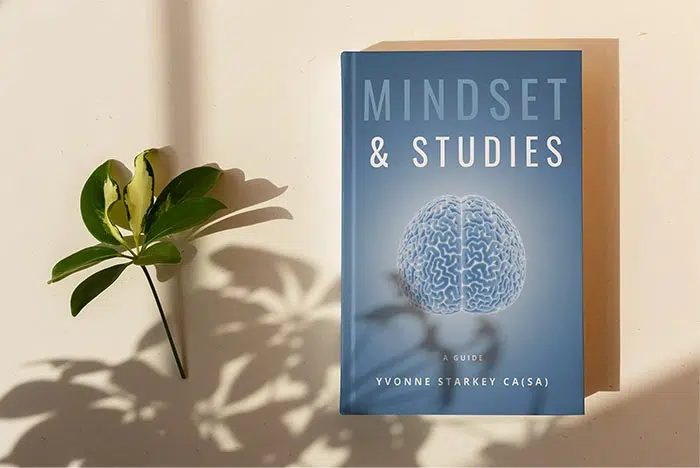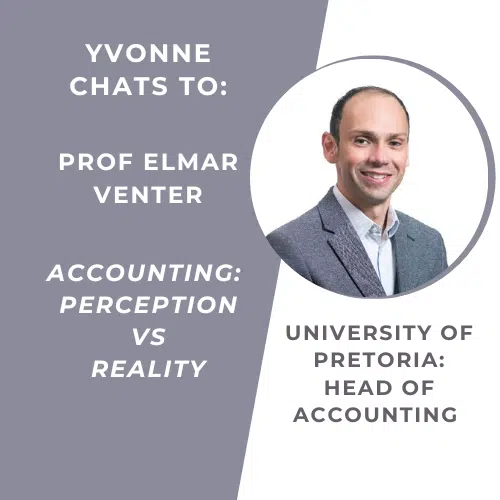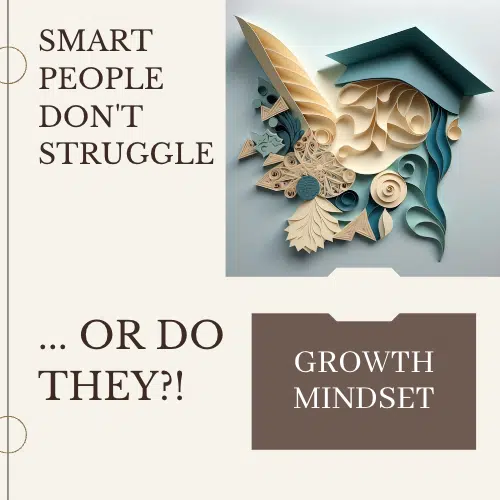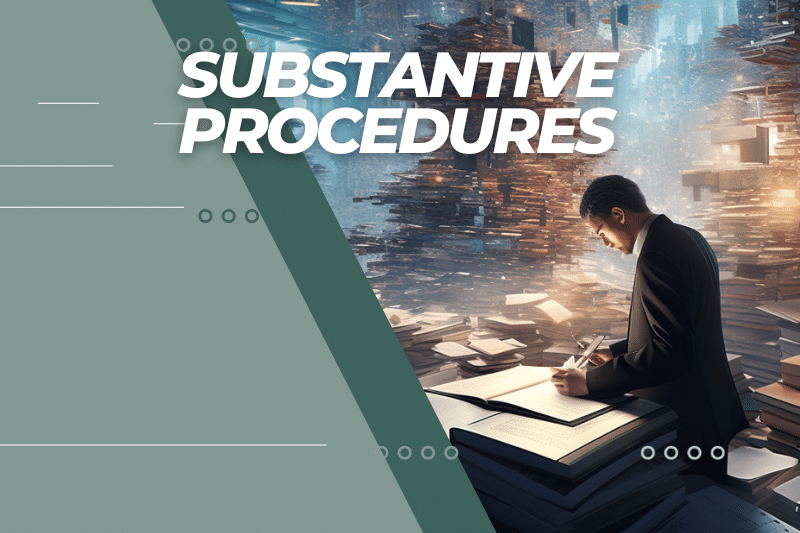I’m willing to bet that a lot of students will cringe just reading the heading of this article. There is a distinct negative connotation attached to ‘giving up’ that none of us want to be associated with, and for this reason, we may end up making decisions that aren’t necessarily in our best interests.
What makes us think of giving up?
Most students avoid this phrase like the plague. Only in desperate times and circumstances do students approach me, (mostly in a very private and confidential manner) and discuss the fact that they’re thinking about giving up. It’s always said with a sense of humiliation, fear of the perception of others’ and a clear sense of lowered self-worth. A lot of it is based on the fact that they’ve failed something and just can’t see themselves being able to overcome that particular hurdle in the future.
In an earlier article, “You didn’t pass CTA, now what?”, I mentioned that you should persevere with your chosen career, unless you’ve reassessed your goals. It is that possibility that I’d like to explore here.
Are your goals appropriate for you?
This sounds like a ridiculous question, but after training, lecturing, spending time with and mentoring thousands of students at various levels over the years, I feel this is an extremely important question students should be asking themselves.
Children choose careers on the basis of what they’re exposed to, what catches their attention and sparks their interest at that stage in their life. Very few small children wish to be investment analysts, researchers, insurance brokers, marketing or advertising employees, HR personnel, etc… because these are not things that they’re exposed to. The necessity for these skills aren’t understood and they wouldn’t really be able to visualise what these people would do. So they choose careers on the basis of what they can visualise, what they’ve experienced, and how they can connect their developing skills and interests to what they’ve seen. (Hairdressers, firemen, doctors and nurses, vets, policemen, lawyers, teachers etc.) As they grow up and are exposed to more of life, their career choices will expand. Their skills and interests expand, their understanding of the world around them increases, and thus they will probably make different choices. We understand this about children, and we don’t hold them to their earlier career choices, because we know they will probably ‘grow out of it’.
Why is this relevant to us? For most students, their choice to be a CA was based on the fact that they were good at accounting or numbers-based subjects at school. Career guidance generally connects numbers with accounting, and naturally the most well-known career in this field is the CA (it definitely helps that the career is considered well-paid!) and so the decision is made.
As the children I mentioned above grow and are exposed to more of life, so students are exposed to more of their chosen career, concepts and skills required within it. As this happens, it is perfectly reasonable to expect that the student may feel that this is not what they signed up for, not what they intended or expected, and as they learn more about themselves, they may realise that this isn’t actually what they want.
After the first few years of studies, different disciplines are added, different skills are required, and things start looking quite different to what was expected… yet the goal remains the same. This is not necessarily a good thing!
At this time of year, while you’re planning for the new year, considering the year behind us, perhaps it’s time to interrogate your goals and decision drivers a little more. Consider the studies you’ve done, the skills and content that you’ve been exposed to, the work experience (if you have any) and reassess the goals you set years ago.
If you’re finding that the work you’re spending hours studying doesn’t ‘speak’ to you, doesn’t resonate with you, or you’ve had experience of the industry and hate what you’ve seen, if you feel your skills are better served in other areas, perhaps it’s time to align your goals to who you are and want to be. Should these goals change, there’s a good possibility that your journey and path may need to change.
Am I saying you should give up?
Absolutely not! What I am saying is that you need to make smart decisions about who you are and where you want to be. It would be tragic to spend so much time studying for something only to work with it for a short time and realize that you actually are better suited for something else, or that it really doesn’t resonate with you and the money doesn’t make up for it (and it doesn’t!)
A lot of students can’t define what being a CA means to them other than wanting financial stability, (or earning enough money to buy an island!) This is not conducive to making good career decisions, and you will battle to align your goals with your strengths.
When I meet people who ask me what I do, I say I’m a CA, and they nod as though they know what I do. Being a CA is a designation, not a job. There is a vast array of career choices within the CA profession that are completely different! A lot of students I interact with talk about wanting to be a CA, yet when I question them as to what they want to do, (financial director; CEO; CFO; entrepreneur; accountant; auditor, lecturer; corporate finance etc), they are at a loss.
Think about this… If you ask someone what they do, and they say they’re a Doctor, do you immediately assume they are a GP? They could be a pharmacist, a neurologist, a Doctor of philosophy, a vet, an engineer or even an accountant!
My point is this… if you can’t visualise what it is that you want to do with your qualification, how can you assess whether the skills you’re developing are appropriate? How can you assess whether it’s something you will want to be doing after a few years?
I also find that once students find more clarity for themselves in this space, their motivation levels increase, since they can visualise where they want to be in the future. I can definitely feel a sense of ‘fuzziness’ from most students about their future, and it is most definitely tough to continue working so hard at something if the future you’re working towards is vague and completely unknown.
How do you gain more clarity about your goal and your future career?
For most students, this means doing more research. The more possibilities you are exposed to, the more informed, enlightened and appropriate your decisions will be. Whether this serves to further embed your desire to be a CA, or whether you find that another designation will better suit you, the end result is that you will be making the best decision for yourself, rather than from a fear of being seen to ‘give up’.
Social media has been very good at increasing and improving communication. Use this to your advantage by interacting with people in your network sphere and discussing the skills, advantages, disadvantages, perceptions, impressions of experience they’ve had with different careers, businesses, qualifications etc.
Research different qualification options. (CFA; SAIPA; ACCA; CIMA; CSSA to name a few) Identify the different specialisms within each of them and consider whether they excite you more or less than your current choice.
Search recruitment websites and job opportunities, talk to recruitment agents if you can. They can give you a lot of information about the employability and demand for certain skills at different levels, what industries are looking for etc. They can also help align character traits with career options.
The more you talk to and interact with those around you, regardless of their level of qualification, the more you learn about yourself and the world that you wish to be a part of.
Should you consider all of this, and feel completely settled that your goals remain intact, relevant and right for you, you’ve lost nothing, and will probably strengthen your motivation in years to come. Should you discover your ‘true calling’ is something different… then you can adjust your journey and path accordingly… and stop worrying about what others will think of you!














6 Comments
For quite some time now I have felt like a pure failure because I have lost interest in becoming a CA. I chose this path because I wanted to be my uncle and wanted to ensure a more financially stable future.
I just wanted to thank you for your article. Even though I deviated from the CA path I now understand why and I feel so much better now.
I just have to figure out what is next.
I’m so glad you found some comfort from this. There are so many paths we can travel, and one path is definitely not right for everyone. The important thing is to find what speaks to you.
Thank you for your feedback
Great article, I’ve worked with audit seniors in our firm that chose to branch out from the CA route & affiliated with SAIPA instead, after having completed their articles. They realised along the way that CA was not for them & made the wise choice to review their career choice. However, my career choice is to be CA(SA) & RA and I’m one success story in the making. I’m motivated by your article because after going through it, I’m even more sure I made the right career choice
Fantastic! When you can really feel that you’re doing what you are supposed to be doing, it really gives you a sense of purpose. Keep at it!
Hi Yvonne,
Thank you for your sensitivity and insight.
I really struggle with confidence. I feel like I can’t get through this sometimes. To a point where I just give up.
How did you keep yourself motivated?
thank you very much for your effort to motivate us. As i was going through this article i some times felt its better i change my career path but after some few thinking of what I want to do I feel CA is still my choice but still wonder if I go to RGA as to can i be a lecturer at a university?